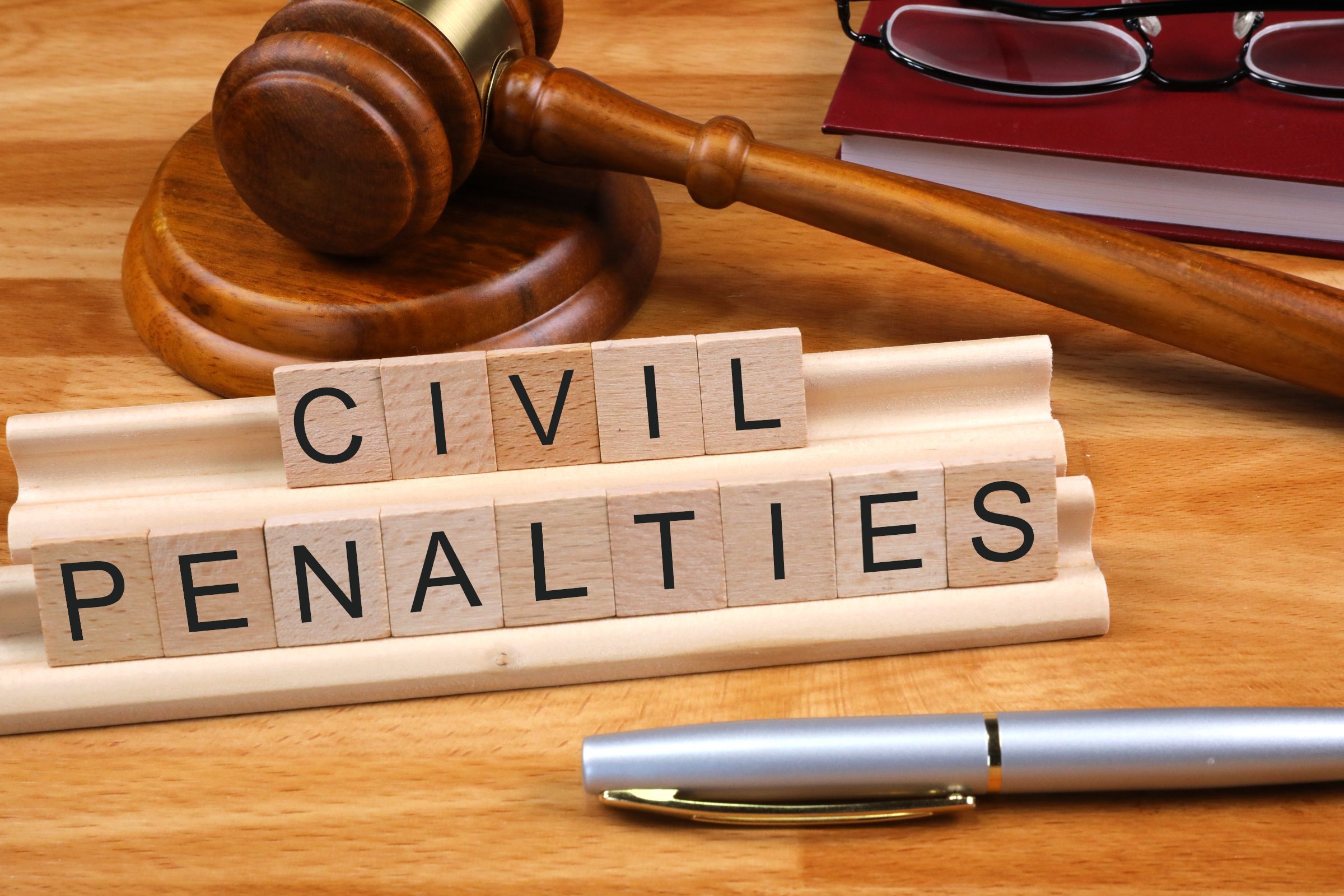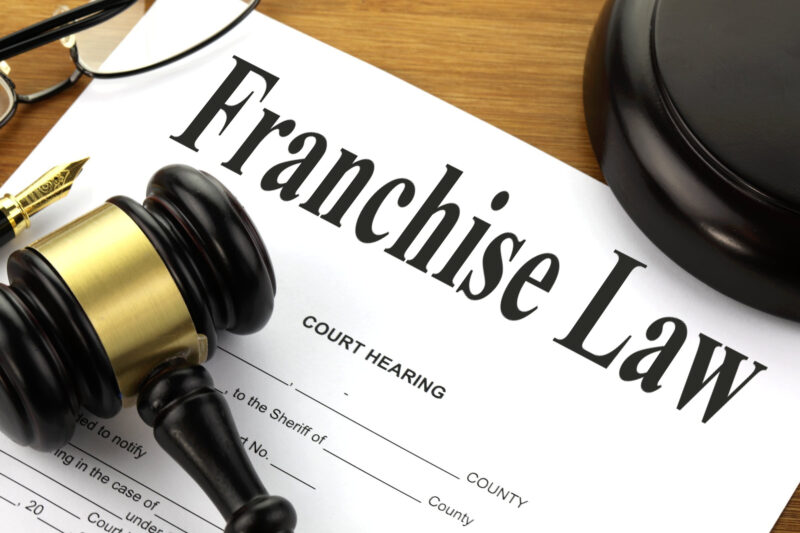Franchise law is a complex web of regulations designed to protect both franchisors and franchisees, ensuring fair practices and transparency in a business model that thrives on mutual benefit. However, the intricate rules governing this landscape can be challenging to navigate, leaving vulnerable parties susceptible to an array of penalties for violations.
From hefty fines to the potential revocation of franchise rights, the consequences can be severe and far-reaching. As the franchise industry continues to grow, understanding the specific legal ramifications of non-compliance becomes crucial for anyone involved in this dynamic sector.
This article delves into the various penalties associated with violating franchise law, illuminating the risks that accompany this compelling yet complicated venture.
Common Violations of Franchise Law

Franchise law is a complex tapestry, woven with various obligations and regulations that franchisors must adhere to—yet violations are all too common. One frequent infraction occurs when franchisors fail to provide accurate and complete disclosures in their Franchise Disclosure Document (FDD), leaving potential franchisees in the dark about critical information that could influence their investment decisions.
Additionally, inadequate training or support can lead to disputes, as franchisors may neglect their duties to equip franchisees with the necessary tools for success. Misrepresentations regarding profitability or market potential further complicate matters, often leading franchisees to seek legal recourse.
Other notable violations include encroachment on a franchisee’s territory and failure to comply with termination procedures, which can spark tension between franchisors and their franchisees. In this intricate landscape, understanding these common violations is essential for maintaining a healthy, compliant franchise relationship.
Civil Penalties for Franchise Violations

Franchise violations can lead to substantial civil penalties, which serve both as a deterrent to non-compliance and as a means of compensating affected parties. These penalties may vary widely, depending on the jurisdiction and the severity of the violation.
For instance, a franchisor that fails to provide required disclosures could face fines that escalate with the number of affected franchisees, while deceptive practices may incur sanctions that reflect the revenue gained from such misconduct. In some cases, aggrieved franchisees may be entitled to recover damages that could include lost profits and even punitive damages for egregious actions.
Additionally, regulatory agencies may impose restrictions on the franchisor’s operations, leading to long-term consequences that could hinder future business endeavors. The cumulative impact of these civil penalties is profound, highlighting the necessity for strict adherence to franchise laws and the legal frameworks designed to protect both franchisees and the integrity of the franchise system as a whole.
Criminal Penalties: When Franchise Law Violations Lead to Prosecution

Criminal penalties for violations of franchise law can be severe, with potential consequences that vary significantly based on the nature and severity of the offense. When a franchisor engages in fraud, misrepresentation, or gross negligence in their dealings with franchisees, they may face criminal prosecution.
This could lead to hefty fines, imprisonment, or both, depending on the specifics of the case and jurisdiction. For example, if a company is found guilty of deliberately providing false information to prospective franchisees, the repercussions can extend beyond financial penalties; they may also suffer permanent damage to their business reputation and credibility in the marketplace. Likewise, individual franchise executives could find themselves personally liable, facing not only legal consequences but also the daunting prospect of a tarnished legacy.
Therefore, understanding these legal boundaries is crucial for anyone involved in the franchise sector, as the stakes are high and the implications of misconduct can reverberate for years to come.
Conclusion
In conclusion, understanding the potential penalties for violating franchise law is crucial for both franchisors and franchisees alike. Awareness of the legal ramifications—including civil penalties, financial restitution, and the potential for litigation—can significantly influence business practices and compliance strategies.
By prioritizing adherence to these regulations, individuals and organizations can foster a healthier franchise ecosystem that benefits all parties involved. Ultimately, safeguarding against violations not only protects personal and financial interests but also upholds the integrity of the franchise industry as a whole.


